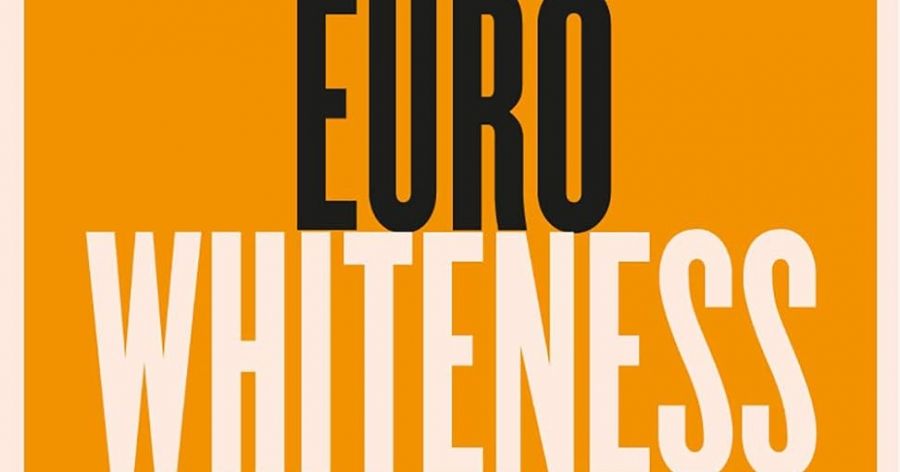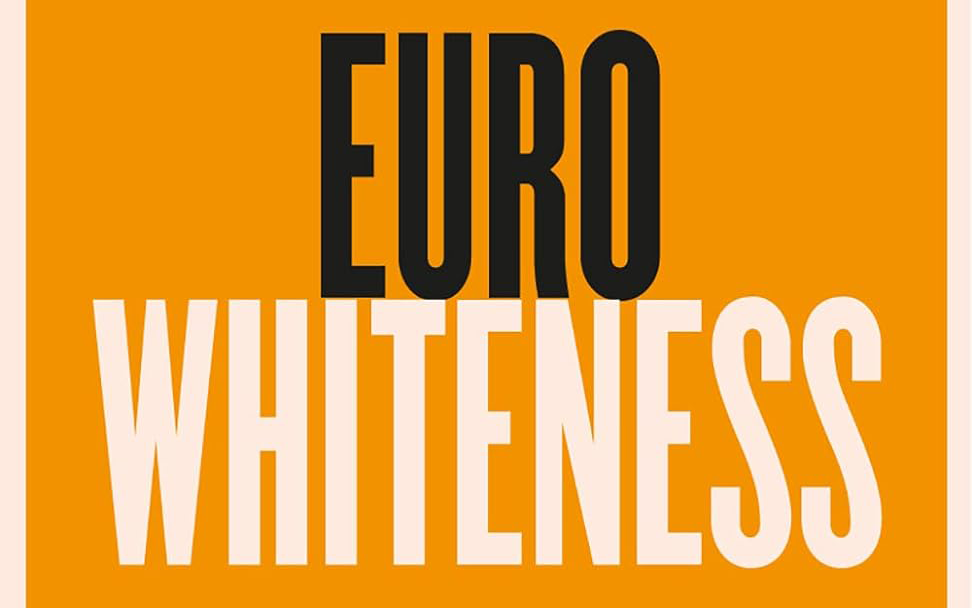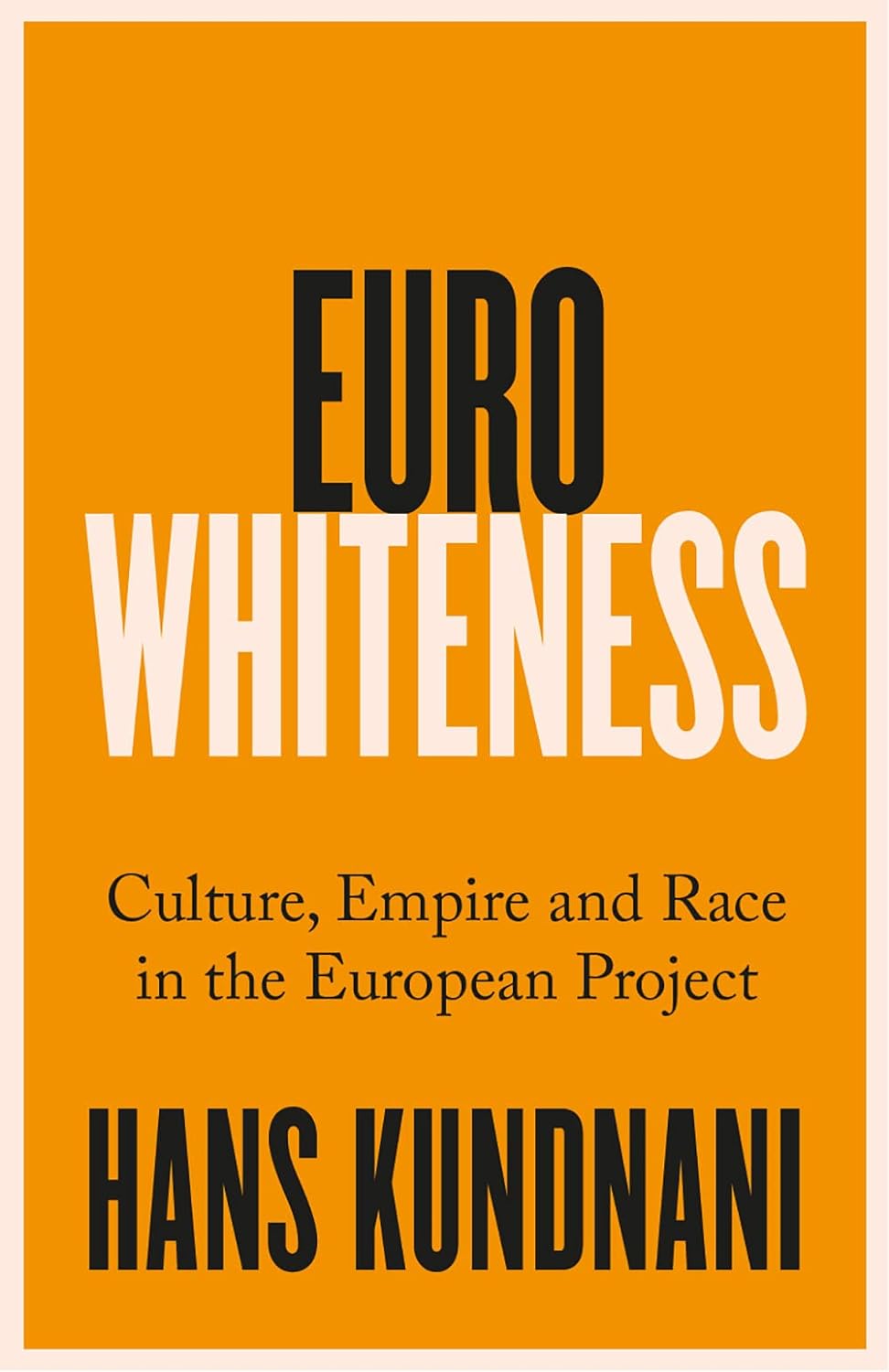
- Free Article: No
- Contents Category: Europe
- Review Article: Yes
- Article Title: Myths and narratives
- Article Subtitle: European integration as a colonial project
- Online Only: No
- Custom Highlight Text:
Hans Kundnani, a British citizen, began working at the European Council on Foreign Relations in 2009. He considered himself a ‘pro-European’ supporter of European integration and regarded the European Union as a force for good. He came to realise that much of what he thought he knew about the EU and its history were self-idealising myths that had been created by the EU about itself. Eurowhiteness: Culture, empire and race in the European project debunks these myths and offers a penetrating analysis of how the EU has evolved.
- Featured Image (400px * 250px):

- Alt Tag (Featured Image): Clinton Fernandes reviews ‘Eurowhiteness: Culture, empire and race in the European project’ by Hans Kundnani
- Book 1 Title: Eurowhiteness
- Book 1 Subtitle: Culture, empire and race in the European project
- Book 1 Biblio: Hurst, £14.99 pb, 250 pp
- Book 1 Cover Small (400 x 600):

- Book 1 Cover (800 x 1200):

One myth is that Europeans rejected war and embraced peace after World War II. In 1950, French foreign minister Robert Schuman proposed the creation of a European Coal and Steel Community, whose members would pool coal and steel production to make another war between France and Germany unthinkable and impossible. The ECSC’s six founding members were France, the Netherlands, Belgium, West Germany, Italy, and Luxembourg. They would come together in the 1957 Treaty of Rome, one of a series of treaties which created today’s European Union. The EU is perceived as a peace project and received the Nobel Peace Prize in 2012.
In reality, as Eurowhiteness shows, European leaders only rejected war against each other, not war against self-determination movements in their colonies. Even as the original six were coming together, France was engaged in vicious colonial warfare against Algerians, the Netherlands was trying to re-subjugate Indonesians, and Belgium forcibly retained its huge African territories including the Congo. The process of European integration was in fact a colonial project: Italy and the Netherlands wanted access to iron ore in France’s African colonies, and all three countries wanted an injection of West German capital. Africa would be a ‘dowry’ in France’s marriage with West Germany, as Schuman himself suggested. For their part, the West Germans welcomed this opportunity to get back into the colonial game after their exclusion in 1918. Thus, European integration was a cooperative colonial project, ‘a way for France and Belgium to consolidate their colonial possessions at a time when they were unable to maintain them on their own’. It would take the competitive element out of European imperialism, allowing it to continue in a collective manner. Little wonder that Ghana’s Kwame Nkrumah likened the Treaty of Rome to the 1884–85 Berlin Conference.
Most of this has been erased from the pro-European narrative of the EU as a peace project. Kundnani says that his former colleagues at the European Council on Foreign Relations don’t know this history until he tells them about it – and they are experts on the EU. He doesn’t mention this, but US postwar planners clearly understood European objectives. Even before the six ECSC countries came together, US planners proposed ‘arrangements whereby a union of Western European nations’ would jointly undertake the ‘exploitation’ of Africa’s colonial and dependent areas. Such a program would give Western Europeans ‘that tangible objective for which everyone has been rather unsuccessfully groping in recent months’.
Kundnani shows that the Eastern European states that joined the EU after the 1990s often shared this imperial mindset. Although they had been the first site of decolonisation when the Habsburg and Russian empires were dismantled after World War I, they had not shown much solidarity with African and Asian movements demanding independence. Rather, ‘intellectuals in Czechoslovakia and Poland demanded that they be given extra-European colonies of their own’. The former lobbied for land in West Africa and Kamchatka, while the latter argued – with admirable frankness – that possessing colonies was an integral part of what it meant to be a European nation.
Eurowhiteness traces Europe’s long history of defining itself against ‘Others’. In the medieval period, when Europe was synonymous with Christianity, Jews were the primary internal other and Muslims the primary external other. After the Enlightenment, and especially in the colonial era, non-white people around the world became Europe’s ‘constitutive outsiders’. Later, Europe defined itself against, and in competition with, the United States and the Soviet Union. Its social market economy and welfare state were posited as a more humane alternative to US capitalism.
After the Cold War, European leaders welcomed former communist countries in Central and Eastern Europe into the EU. But those countries had much more generous welfare states. These had to be dismantled during the process of EU enlargement. Just as the ECSC in the 1950s depoliticised coal and steel production and created an independent authority to make decisions, the European Union extended this depoliticised mode of governance by taking economic policy out of the arena of democratic contestation. They replaced political contests with rules that could only be challenged in the courts. The creation of a single European currency occurred mostly on German terms – more specifically, on terms preferred by the Bundesbank, a central bank insulated from public pressure and focused almost exclusively on preventing inflation and enforcing strict limits on deficits and debts. Thus, during the 2009–10 euro crisis, Germany could impose austerity on Greece and force it to dismantle its welfare state.
Kundnani demonstrates that when economic decisions were taken out of the arena of democratic contestation, political arguments shifted to cultural questions. Since most parties of the centre-left and centre-right converged around neoliberal economic policies of privatisation and some form of austerity, they tried to differentiate themselves from each other in wars over cultural questions. One such war, especially after a mass influx of asylum-seekers in 2015, was over immigration and the ‘European Way of Life’. That phrase was once used by French socialists as shorthand for the social market economy, the welfare state and some kind of solidarity – something different from US capitalism. Since 2019, it has been about policy towards migrants from the southern border, not the eastern one. There is a Commissioner for Promoting Our European Way of Life. The original title was ‘Protecting’ but it was changed to ‘Promoting’ – something seen as less defensive.
Eurowhiteness is a trenchant analysis of the European project. It shows that the real question isn’t whether the EU should be larger or smaller but whether and how to deepen European democracy.


Comments powered by CComment